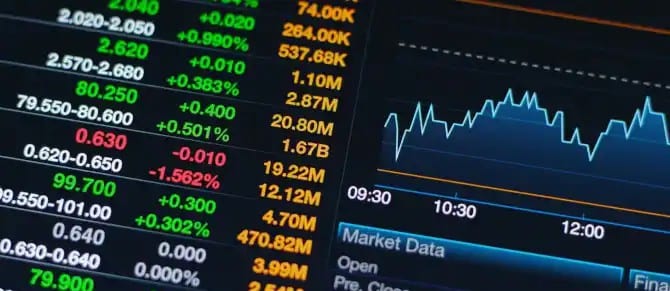Last updated on September 11th, 2021 at 02:46 pm
The economy of Nigeria – the most populous country in Africa, with more than 200 million inhabitants – was transformed post-independence with the adoption of an International Monetary Fund (IMF) programme in 1986, which kick-started economic liberalisation.
The repeal of indigenisation decrees and exchange controls, as well as privatisation of public corporations, induced a wave of stock market listings in the 1990s. Policy initiatives such as pension reforms, consolidation of the banking sector and the creation of a debt management office produced large domestic institutional savings pools.
Despite these advancements, the Nigerian Stock Exchange (NSE) market remains small, with a market cap/GDP ratio of just 9%. Its 169 stocks are concentrated in three sectors: banking (33% of market cap), materials (32%) and consumer goods (27%). But these sectors together account for less than 10% of economic activity.
(Africabusinesscentral)

